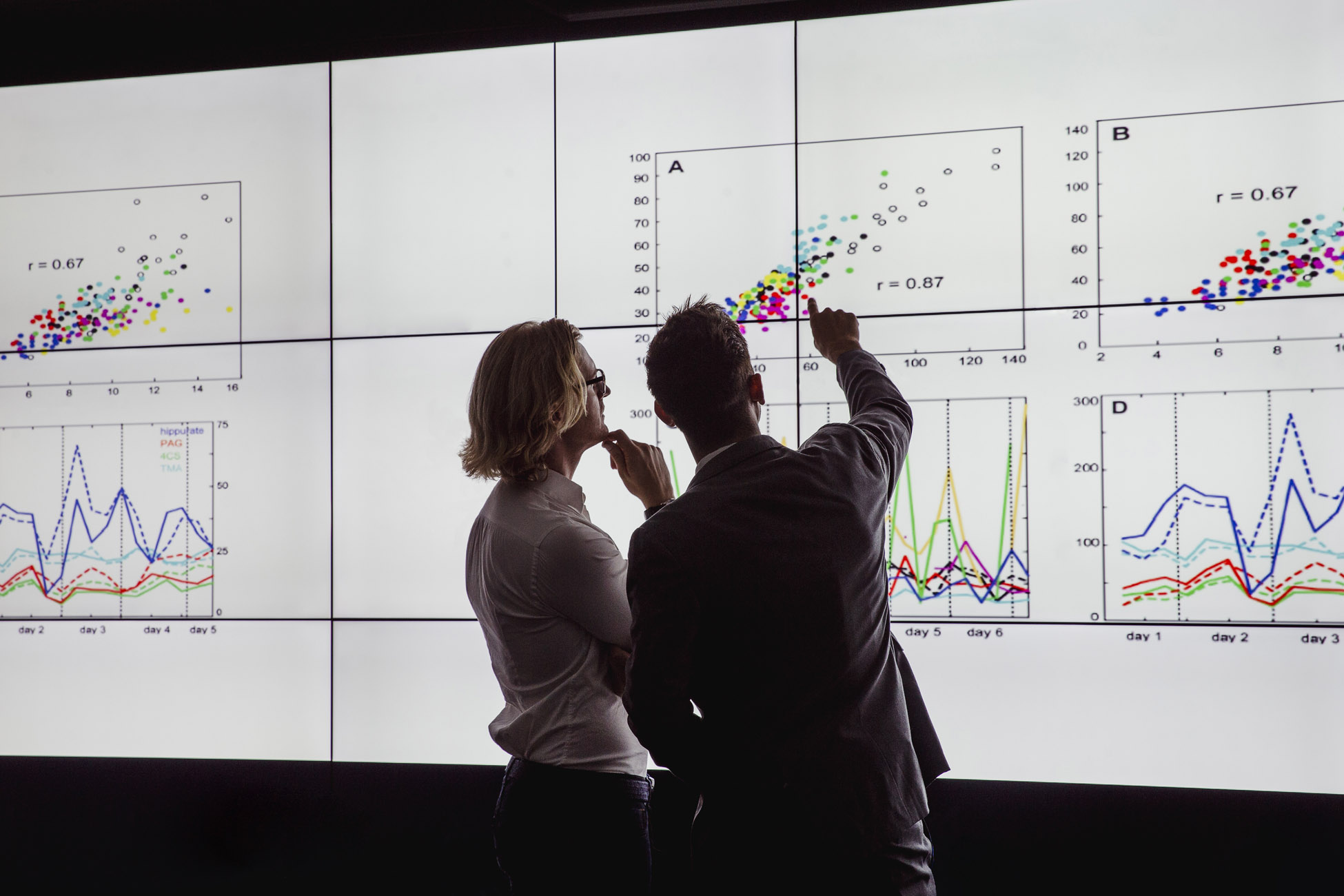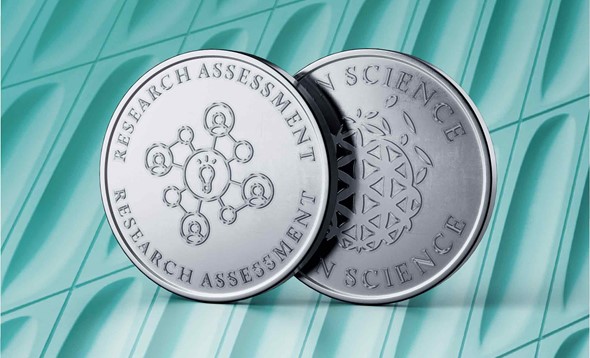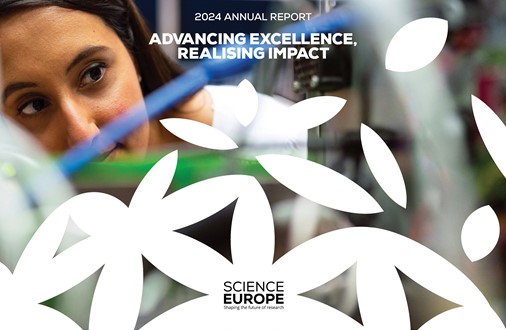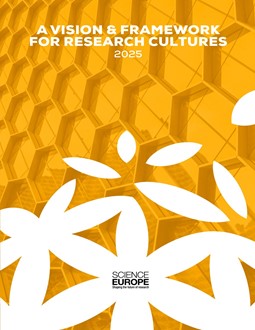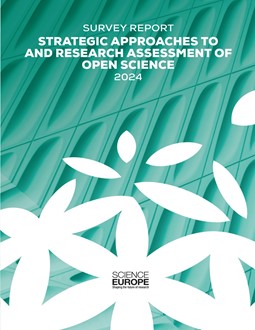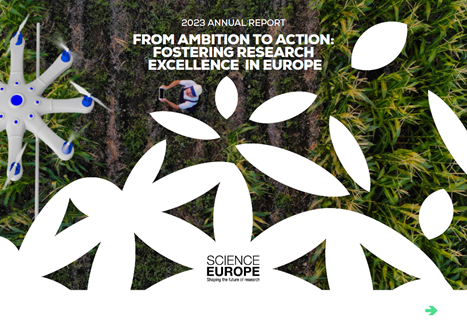What are the current priorities?
It is Science Europe’s priority to promote research quality as the most important factor in research assessment.
Research assessment must reward all research contributions and activities, and promote good research practices, reproducibility, and integrity. To that end, it needs to capture the diversity of research outputs and outcomes in a manner that is appropriate to each research field.
Ensuring that research assessment processes are transparent, effective, and fair is of fundamental significance.
What is Science Europe doing to achieve these aims?
Science Europe has worked with its Member Organisations and external stakeholders to carry out a comprehensive study of research assessment practices used by research funding and performing organisations. This has provided an opportunity for members to collectively identify best practices and engage in mutual learning.
In consultation with experts, stakeholders, and the research community, Science Europe developed a set of policy recommendations that represents a best-practice model for research assessment processes.
Science Europe is currently part of a multi-stakeholder initiative that was initiated by the European Commission to reform research assessment. Together with the European University Association and Dr Karen Stroobants, it collected input from more than 350 organisations from over 40 countries to draft an Agreement on Reforming Research Assessment. The next step is to launch a coalition, composed of organisations willing to take forward the implementation of the changes recommended, in the second half of 2022.
Holistic perspective on Research Culture
Science Europe’s activities on Research Assessment between 2019 and 2021 identified the need to develop a holistic perspective of the policies and practices implemented by research organisations that can influence the values, norms, behaviour, and activities of researchers. This led to the establishment of Science Europe’s new strategic priority on Research Culture. As part of this new Research Culture thinking, Science Europe has extensively discussed the role of core values, and has published a shared Values Framework as a reference for policy and practice changes across all research policy topics.


